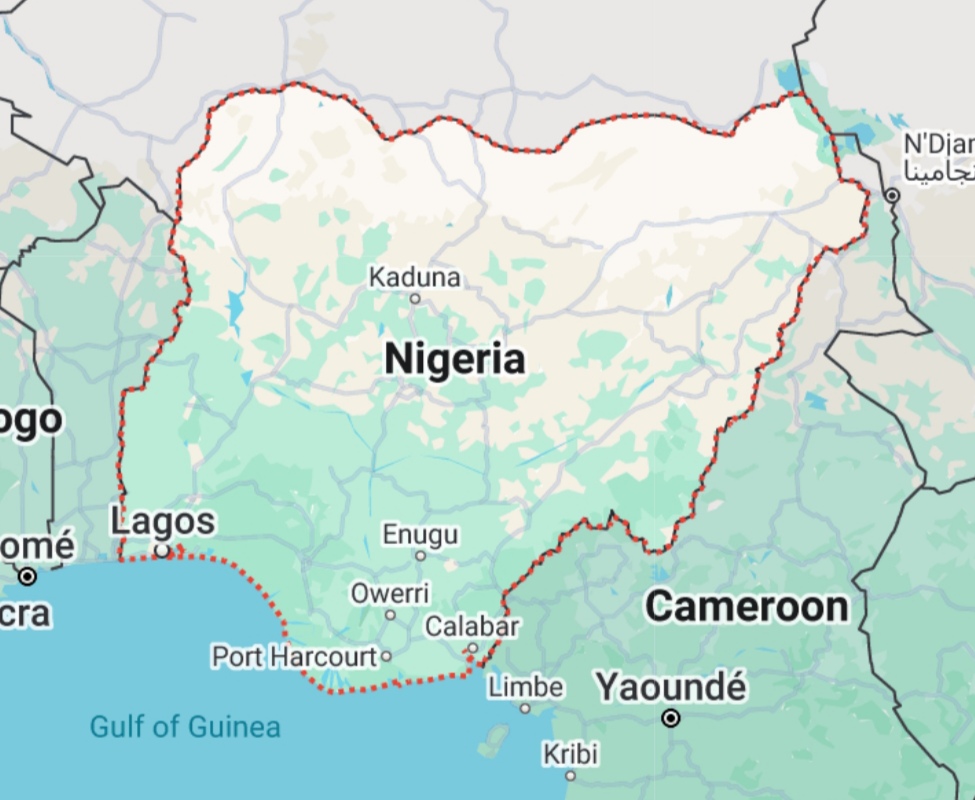Constitutional Crisis: Tinubu’s Emergency Declaration in Rivers State Sparks National Debate
By Eke Chioma
President Bola Tinubu has declared a state of emergency in Rivers State, suspending Governor Siminalayi Fubara, his deputy Ngozi Odu, and the State House of Assembly amidst escalating political tensions and reports of oil pipeline explosions in the Niger Delta region. The declaration follows months of governance paralysis stemming from a bitter power struggle between Governor Fubara and his predecessor, Nyesom Wike, who currently serves as Minister of the Federal Capital Territory.
The Senate, following heated deliberation, approved the emergency proclamation on Friday. Senate President Godswill Akpabio formally announced: “The Senate revokes the powers conferred on it by section 305 subsection 2 of the 1999 constitution of the Federal Republic of Nigeria as amended and approves the proclamation of state of emergency declared by Mr. President in Rivers State of Nigeria.”
However, the declaration has ignited fierce opposition from multiple quarters. A coalition of opposition leaders, including former Vice President Atiku Abubakar and former Kaduna State Governor Nasir El-Rufai, held a press conference in Abuja on Thursday, March 20, demanding immediate reversal of what they described as “an unconstitutional attempt to destabilize an elected government.”
The Nigerian Bar Association (NBA) has also condemned the action in the strongest terms. NBA President Afam Osigwe, SAN, during an appearance on Arise Television, emphasized that the declaration is unconstitutional, rendering the National Assembly’s confirmation void. Osigwe argued that the Constitution provides no authority for the President to remove elected officials under the guise of emergency rule and warned that this sets a dangerous precedent that undermines democracy.
With Rivers being a major oil-producing state, experts warn that political instability in the region poses significant economic risks for Nigeria. The country, already struggling with severe economic challenges including currency devaluation exceeding 70% between 2023 and 2024, desperately needs to attract investment in its oil sector. However, major oil companies have increasingly divested from onshore assets in favor of deep offshore projects due to persistent security threats and community conflicts.
The timing is particularly concerning as attacks on oil pipelines have historically been used as leverage by political factions and militant groups. During Muhammadu Buhari’s presidency, the Niger Delta Avengers conducted approximately 50 attacks on pipelines and oil facilities, highlighting the region’s vulnerability. The federal government’s handling of this crisis could significantly impact Nigeria’s economic stability and appeal to international investors.
Since Nigeria’s return to civilian rule in 1999, states of emergency have been declared in various regions to address specific crises:
- In 2004, President Olusegun Obasanjo declared a state of emergency in Plateau State, removing Governor Joshua Dariye after ethno-religious violence between Christian and Muslim communities.
- In 2006, Obasanjo again invoked emergency powers in Ekiti State, removing Governor Ayodele Fayose and his deputy following an impeachment process marred by legal irregularities.
- In 2011, President Goodluck Jonathan declared a state of emergency in parts of Yobe, Borno, Plateau, and Niger States, ordering temporary closure of international borders to curb insurgent movements after escalating Boko Haram attacks.
- In 2013, Jonathan extended emergency rule to all of Borno, Yobe, and Adamawa States, deploying additional military forces to reclaim territories seized by Boko Haram.
- In 2023, President Tinubu declared a national state of emergency on food security to address severe shortages affecting an estimated 25 million people.
The Rivers State situation represents a significant test for Nigeria’s constitutional democracy. Critics argue that while previous emergency declarations addressed clear security threats, the current action appears politically motivated. The coming weeks will prove critical in determining whether constitutional processes or political expediency will prevail in this oil-rich state.



